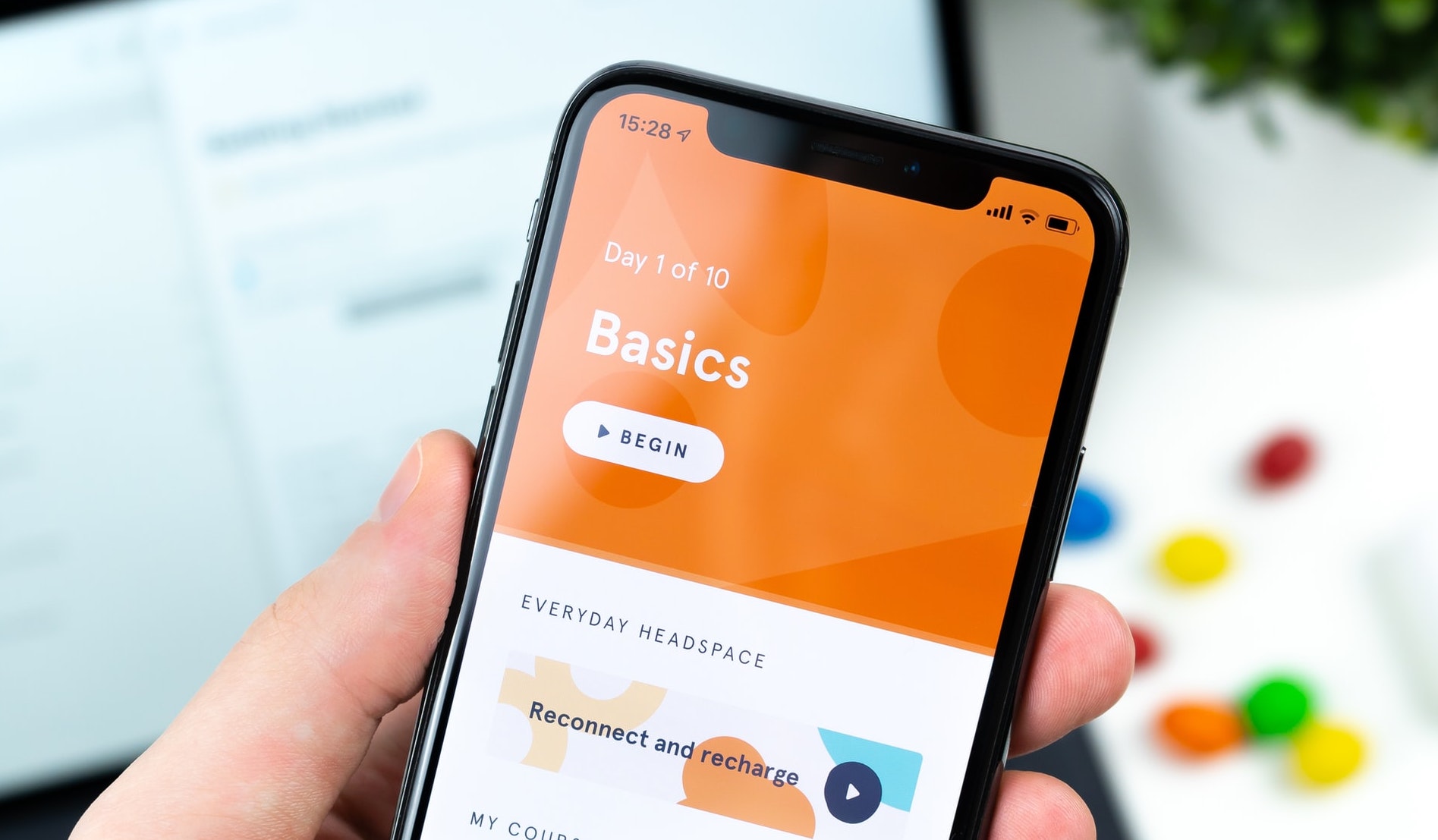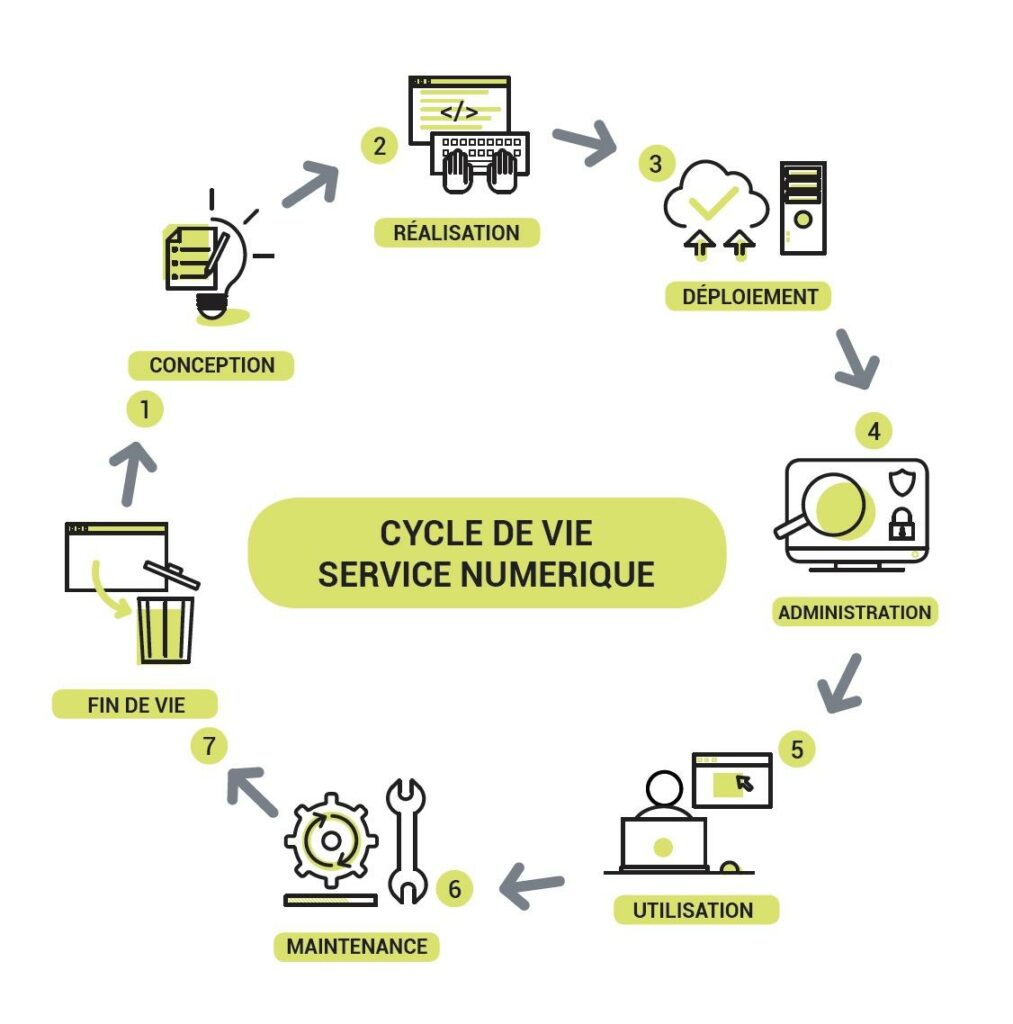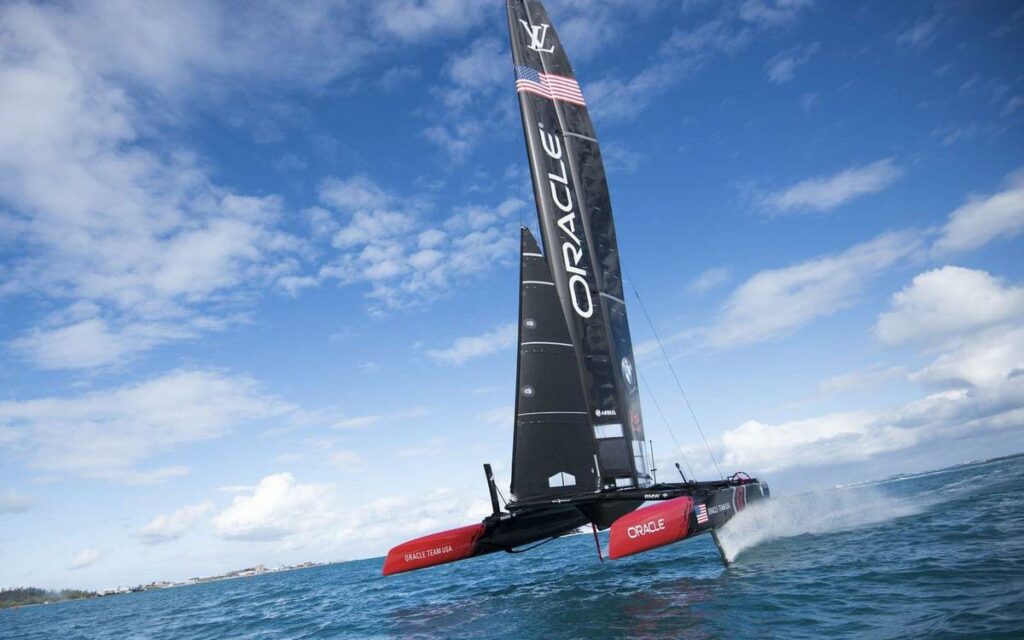"Second-hand licensing must become a reflex. You need to incorporate it into your thinking as an alternative to the publisher. "
In 2017Faced with the scheduled end of support for Office 2007, this large French company, a leader in the telecommunications sector, was obliged to renew its software base of nearly 100,000 licenses. An operation that involved very high maintenance costs. The software asset manager decided to turn to the second-hand licence market. A wise choice, but one that had to be defended internally.
What software scope was concerned by the second-hand market?
Our priority was to renew our Office 2007 licensed office suites, whose maintenance was costing us several million euros per year. We then opted for the second-hand market mainly to reduce our maintenance costs and mainly acquired Microsoft Office 2013 and 2016 licences.
What factors convinced you to choose the right option?
The economic equation proved to be decisive. The acquisition cost was 75 % less expensive. We had also considered other vendor solutions, such as Oracle, but they were more complex. The time was right because, in the long term, subscription models will take precedence over perpetual licences on premise. The second-hand license is a strategy at a moment T but not on the long term.
"We have saved several million euros compared to a traditional license purchase, and even several tens of millions of euros compared to the price of cloud offers. "
On what criteria was your choice of marketplace based?
Softcorner was the company with the most guarantees of the market players we looked at. Not only were they very flexible to our request, but their processes were very clear. The way they put us in touch with the buyers seemed more transparent than that offered by the brokers.
How did Softcorner support you throughout the process?
They offered us tailor-made support given the very large volume of licences involved. The whole complexity of the second-hand market is based on the availability of software. Softcorner's teams not only activated the essential levers to find the right network of vendors for our needs, but they also knew how to "keep the links active" during the few months necessary for our internal processes.
What were the main obstacles you had to overcome?
Internal management had to be convinced. Their fears were mainly related to the security of the products purchased and the relationship with Microsoft. We are indeed resellers of the brand. But Microsoft has made its cloud offering its priority, so the second-hand market is not a major obstacle. However, we had to take the time upstream to check the license acquisition contracts and work with the Purchasing department to integrate Mangopay, the payment solution for marketplaces, into our processes.
What are the main advantages of using the second-hand market?
Beyond the financial interest, it can be interesting to complete your used licenses park within the framework of an audit. If you are using more licenses than expected, you can complement your assets with less expensive second-hand software. Reselling your own software assets can also be an interesting option in the long run. But in our case, it is more difficult because the licenses were acquired in very large batches and therefore impossible to resell individually.
Four years after your first acquisitions, what feedback do you have?
Today, this principle of second-hand licences is very well received internally. The management controllers in particular are very satisfied! Since 2017, we have thus completed our software portfolio with Microsoft Office and Project licenses purchased via Softcorner. The platform is now an integral part of the options considered whenever we need licenses. We just have to check whether the license in question is suitable.
What are the next steps?
We plan to use the second-hand market as much as possible, at least until 2026 and even beyond for the very old licences still in use. This is a real opportunity to keep old systems alive at a lower cost, as they have little need to evolve. There are still a few years left to optimize software costs before perpetual licenses disappear to make way for 100 % cloud models. Telecommuting has changed the game. Prices are likely to soar, so companies will have to make choices to rationalize their installed base as closely as possible to the real needs of their users. The question of license management is becoming essential.
What recommendations could you make?
Go ahead without hesitation but take the time to study each file and each contract. Make sure you check the conditions of use of the licenses because they depend on each publisher. The second-hand market represents an interesting counterweight to the publishers and represents substantial savings for an identical product.
The 3 key points
- Benchmark the different editors to study all the possibilities of renewing your park.
- Compare the different market players: brokers and marketplaces.
- Check the compatibility of your licenses with the used purchase to ensure the feasibility of the transaction.
Key figures
- Software park of 100,000 Office 2007 licenses.
- Used 75 % purchase price lower than a "classic" license.
- Several million euros in savings were achieved.







